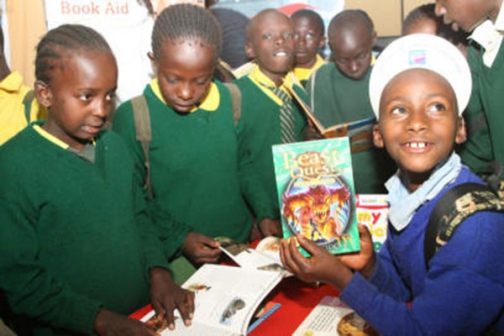×
The Standard e-Paper
Join Thousands Daily

Sometimes I pity publishers like Lucas Wafula who have to answer, and sometimes take the flake, for a lot of things he writes that entitled upcoming creatives do not like to hear.
Like last week when he wrote about Facebook not being the place to grow writing talent; and that those ‘likes’ from your friends are not exactly the SI unit to measure one’s talent by. Anyway, as an author with several published books, here are ten of the most common questions I have heard both online and while in colleges and schools tours.